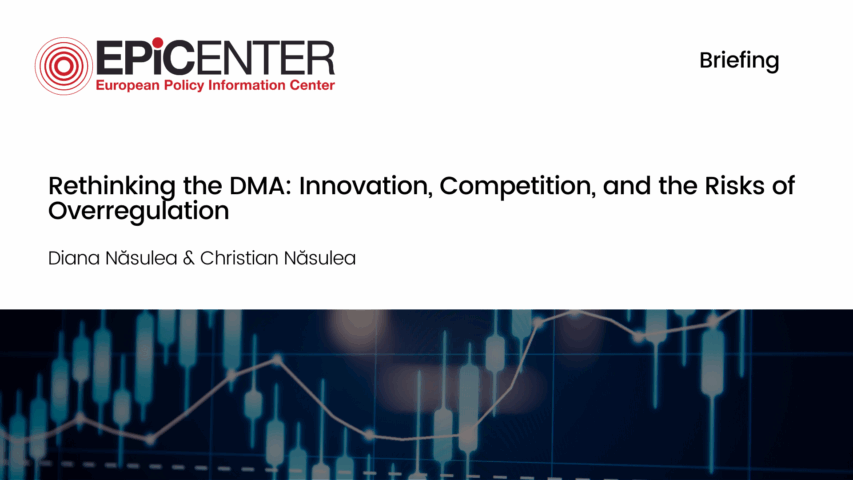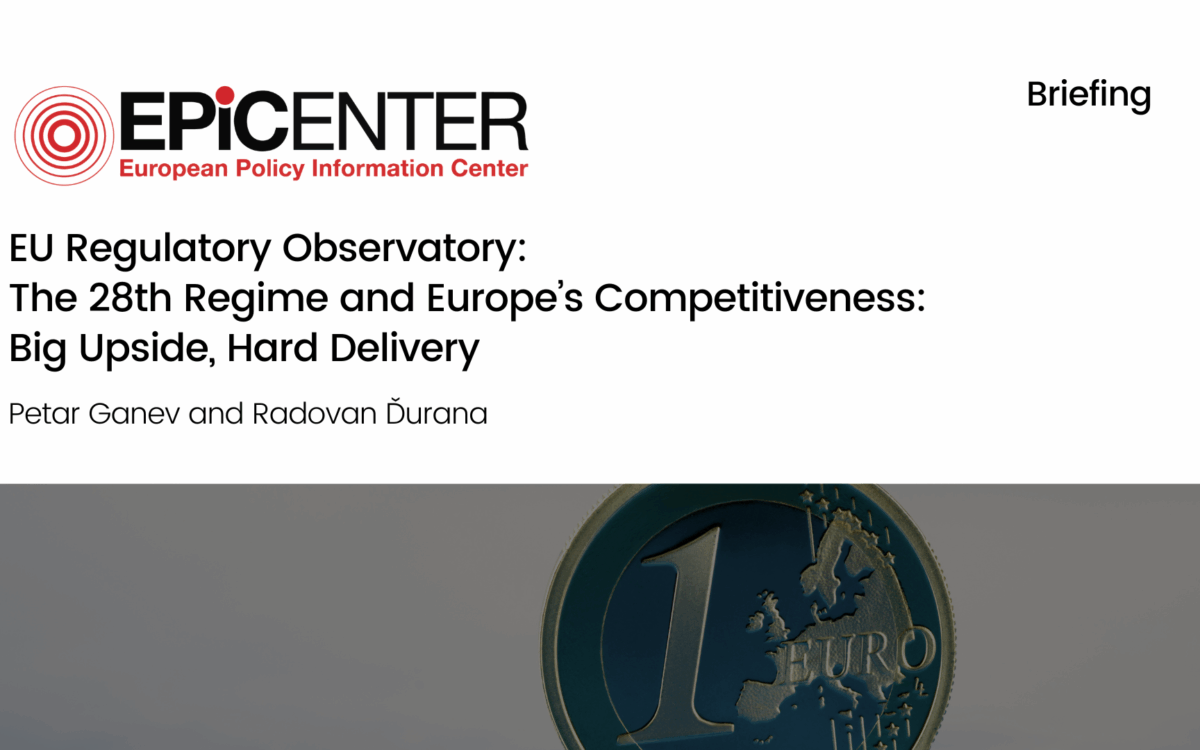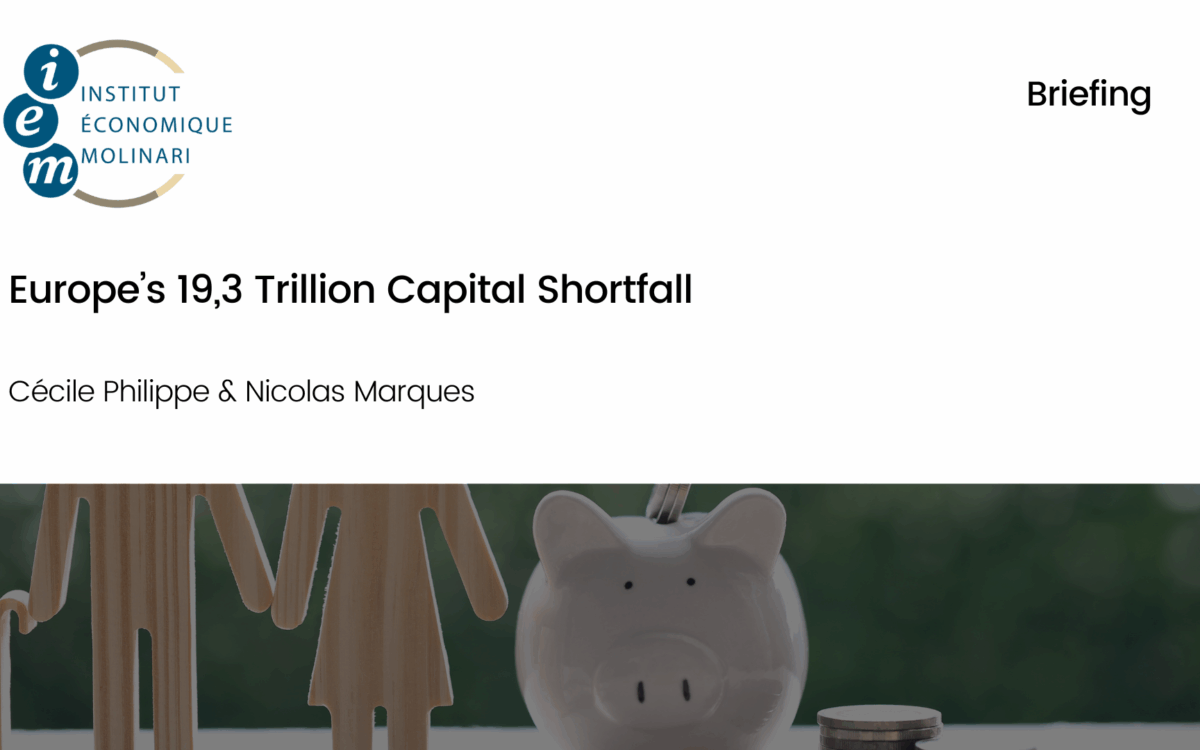Rethinking the DMA: Innovation, Competition, and the Risks of Overregulation

Rethinking the DMA: Innovation, Competition, and the Risks of Overregulation
Dr. Diana Năsulea and Professor Christian Năsulea // 25 June 2025
The Digital Markets Act (DMA) seeks to curb the dominance of Big Tech 'gatekeepers' but its rigid, uniform approach risks stifling innovation and entrenching incumbents. By imposing broad mandates - such as interoperability, restrictions on self-preferencing, and third-party access to key platform services like app stores and payment systems - the DMA overlooks market dynamics and economies of scale.
This could harm small and medium-sized enterprises (SMEs), which, though not gatekeepers, face downstream uncertainty and costs due to platform fragmentation and compliance spillovers. The regulation’s vague concepts, like 'contestability' and 'fairness,' have led to superficial compliance, with major firms treating fines as business expenses. The DMA’s global influence, via the Brussels Effect, may export overregulation, stifling innovation in jurisdictions with weak enforcement. European consumers face delayed access to new digital services as tech giants limit features amid regulatory uncertainty, highlighting the need for a balanced approach to protect competition without hindering innovation.
The main conclusions of the report are:
- The Digital Markets Act (DMA) aims to curtail the power of Big Tech ‘gatekeepers’, but its rigid, one-size-fits-all approach risks undermining innovation, raising barriers to entry, and reinforcing incumbency.
- By imposing uniform obligations without considering market dynamics or economies of scale, the DMA may suppress the competition it seeks to protect, particularly harming small and medium-sized enterprises (SMEs) through indirect effects such as platform fragmentation and compliance spillovers.
- The regulation’s broad mandates – such as interoperability requirements, restrictions on self-preferencing, and obligations to provide access to third parties to key platform services such as app stores, payment systems, or user data – may erode user trust, compromise security, and hinder efficient integration, especially when technical feasibility and user experience are not adequately considered.
- SMEs are not gatekeepers, yet they could be potentially affected by the DMA’s impact on the platforms they depend on for distribution, discovery, and monetisation. The complex obligations placed on gatekeepers risk creating downstream uncertainty and additional costs for smaller players.
- The DMA’s implementation has yielded limited competitive gains, with major firms absorbing the fines as routine business expenses. Meanwhile, vague rules and ambiguous concepts – such as contestability and fairness – have encouraged superficial compliance rather than driving meaningful structural change.
- As the principles underling the DMA spread globally through the Brussels Effect, the EU risks exporting overregulation to jurisdictions with limited enforcement capacity, potentially suppressing innovation and distorting digital ecosystems beyond Europe.
- The enforcement of the DMA has led to unintended consequences for European consumers, including delayed access to innovative digital services. Major tech companies have postponed or limited the introduction of new features due to regulatory uncertainties, resulting in European consumers and businesses receiving access to these advancements later than their global counterparts. This situation underscores the need for a balanced regulatory approach that safeguards consumer interests without impeding innovation and competitiveness.
Download or share this publication
View the PDF
EPICENTER publications and contributions from our member think tanks are designed to promote the discussion of economic issues and the role of markets in solving economic and social problems. As with all EPICENTER publications, the views expressed here are those of the author and not EPICENTER or its member think tanks (which have no corporate view).



